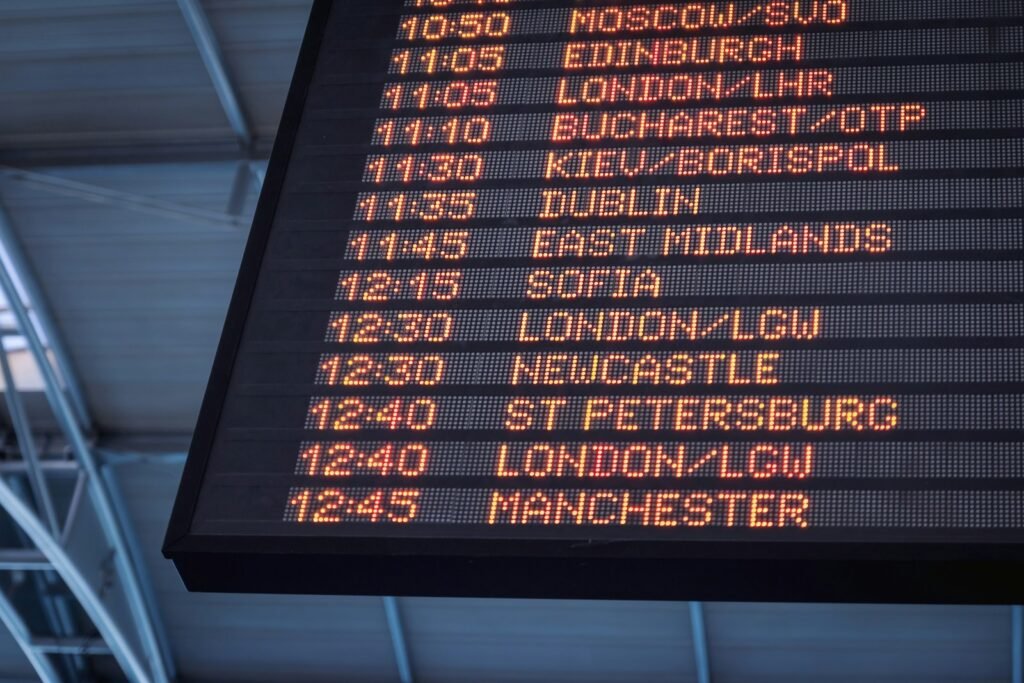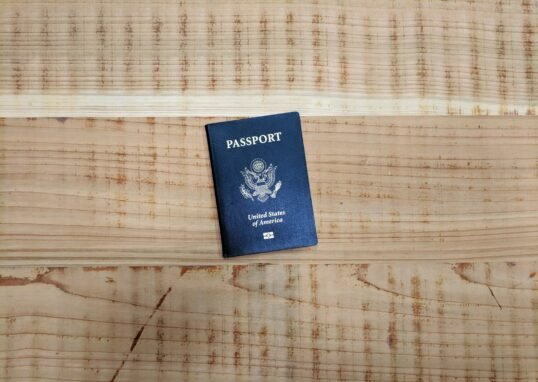

Picture this: You’re sipping fresh coconut water on a sun-dappled beach, the warm breeze reminding you of why you traded the chaos of life back home for something simpler and more rewarding.
Sounds heavenly, right?
For many women over 40 like us, moving abroad often feels like the adventure we’ve been yearning for—a chance to reset, embrace a new culture, and maybe even slash our cost of living.
But then the questions start rolling in:
How can I afford this?
What about healthcare?
Will I need to sell everything I own?
I get it—the thought of planning a move abroad can feel overwhelming.
But the good news?
It’s totally doable even if you’re not sitting on a six-figure savings account.
In this blog post, I’ll walk you through the exact strategies I’m using to make my upcoming move happen without breaking the bank.
By the end, you’ll feel confident and inspired to take the leap toward your dream life abroad.
1. Setting a Realistic Moving Budget

If we’re being honest, most of us aren’t sitting on piles of disposable cash after 40, especially if family expenses or a less-than-thrilling day job have eaten into our savings over the years.
That’s why step one is getting laser-focused on your finances.
What’s your target number?
To plan a move abroad without overspending, I broke it down into three categories:
– Initial Relocation Costs: Think airfare, visas, shipping fees for your personal belongings, and temporary housing.
– Living Expenses: Research the cost of rent, utilities, groceries, and transportation for your destination. Spoiler: Some countries like Mexico, Thailand, or Portugal might pleasantly surprise you with their affordability.
– Emergency Cushion: Always have a stash of money for unexpected costs, whether it’s a last-minute flight back home or healthcare expenses.
I asked myself honest questions about my priorities:
Do I need a beachfront condo, or am I okay with something budget-friendly for now?
Will I be shipping a lifetime of furniture or just a suitcase?
Spoiler: The suitcase won.
💡 Pro tip: Use tools like Numbeo or expat forums to estimate your costs in various countries.2. Downsizing Like a Pro
Before even thinking about boarding that plane, you’ll need to tackle the stuff.
Downsizing is both a financial and emotional process, but it’s 100% necessary for a cost-effective move abroad.
Declutter Your Life

After 40, most of us have accumulated, well, a lot.
I adopted the “Would I pack this in a suitcase?” mindset when sorting through everything from clothes to kitchen appliances.
Spoiler alert: That fondue set didn’t make the cut.
Here’s how I handled it:
– Sell or Donate: Facebook Marketplace and local consignment stores became my new best friends for transforming clutter into cash. Clothing I hadn’t touched in years went to charity, and larger household items were sold to fund relocation costs.
– Digitize Everything: Scanning my favorite photos, recipes, and documents eliminated the need for bulky photo albums or file cabinets.
💡 Pro tip: If you’re sentimental about certain possessions but can’t take them with you, offer keepsakes to family or friends to keep them “in the family.”—
3. Scoring Affordable Flights and Accommodation
Flights and accommodation are two of the biggest expenses when relocating abroad, so mastering the art of bargain hunting has been a game-changer for me.
Finding Affordable Flights
Look, I love a good margarita splurge, but one thing I’ll never do is overpay for airfare. Here’s what worked for me:

– Book Early or Be Flexible: Flights are usually cheapest 2-6 months before your departure. Being flexible with travel dates or flying mid-week can also save you hundreds.
– **Use Flight Aggregators:** Websites like Skyscanner or Google Flights are great for tracking price drops.
Housing on a Budget
Two words: short-term rentals.
Platforms like Airbnb and Booking.com are lifesavers when transitioning abroad.
Booking a month-to-month rental gives you flexibility to explore your new city before committing to long-term housing.
💡 Pro tip: Join local expat Facebook groups to find rental deals or directly connect with property owners.4. Earning Money Online to Fund the Adventure
Moving abroad is a lot less nerve-wracking when you’ve got some income trickling in.
For women over 40—especially if you’ve been working a traditional 9-5 or something not location-independent—the idea of making money online might feel intimidating.
But let me tell you, it’s easier than it seems.

My Go-To Online Income Ideas
– Teaching English Online: Platforms like VIPKid or Cambly are ideal if you have a knack for teaching and great communication skills.
– Freelance Writing: Hey, if I can write blog posts like this, so can you! Websites like Upwork and Fiverr can help you land writing gigs in your areas of interest.
– Selling Digital Products: Whether it’s an e-book, a downloadable planner, or templates, creating something once and selling it online (hello, passive income!) is incredibly rewarding.
💡 Pro tip: Pick one thing to focus on instead of spreading yourself too thin. I started small with freelance writing before branching out to other income streams.5. Navigating Healthcare Without Overspending
If you’ve spent any time researching a move abroad, chances are the topic of healthcare has crossed your mind.
It certainly did for me—I wanted to know how feasible it would be to access care as a woman over 40.
Spoiler alert: It’s not as scary as you’d think.
Understanding Healthcare Options Abroad

– Public vs. Private: In many countries, public healthcare is super affordable (or free), though the quality can vary. I found that combining public care with private insurance is a smart middle-ground approach.
– Expats Love Mexico: For example, Mexico offers the highly-rated IMSS healthcare system at a low monthly fee, and private options are still a fraction of U.S. costs.
💡 Pro tip: Visit a few doctors during your first months abroad to get a feel for the healthcare system—and always carry a list of your prescriptions in case you need refills.—
6. Preparing Emotionally for the Big Move
While the logistics of budgeting, downsizing, and job hunting are essential, don’t forget the emotional preparation that comes with planning a move abroad.
After all, stepping into a new life brings challenges as well as excitement.
Overcoming Fear and Doubt

The fear of the unknown can be paralyzing, especially for women over 40 who’ve spent years in the same career, town, or routine. Here’s how I’ve reframed my mindset:
-Instead of focusing on what I’m leaving, I remind myself of what I’m gaining: adventure, new friendships, and personal growth.
–Rather than worrying about every potential challenge, I trust my ability to adapt and figure things out as they come.
💡 Pro tip: Journaling daily or connecting with other expats online has helped me stay motivated and excited about the journey ahead.Planning a move abroad doesn’t have to drain your bank account—or stress you out unnecessarily.
By creating a clear budget, paring down your belongings, finding cost-effective travel and housing solutions, and exploring online income opportunities, you can make your dream of living abroad a reality.
So, what’s stopping you?
Whether you’re eyeing the colorful streets of Mexico, the serene beaches of Thailand, or the charming villages of Portugal, it’s time to take that leap toward the life you’ve been craving.
Are you dreaming of a move abroad?
Share your destination and your biggest fears (or excitements) in the comments—I’d love to cheer you on!





